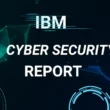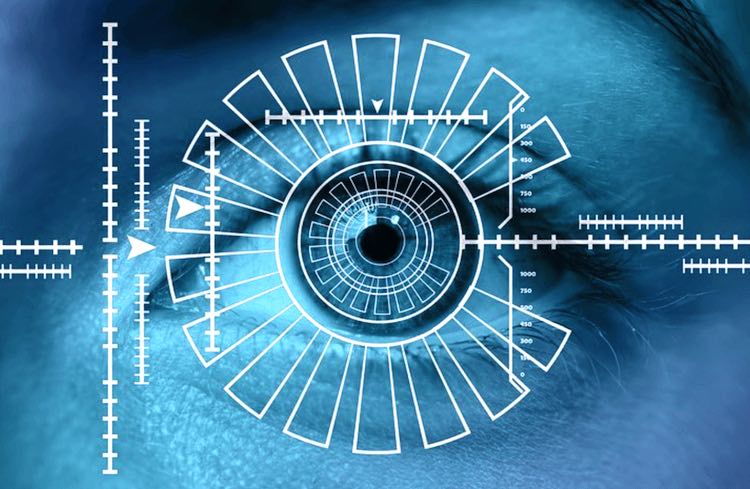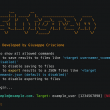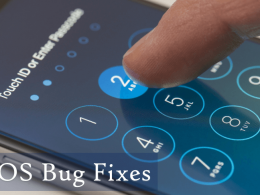Today, we are frequently asked to set up passwords for all our online accounts and digital device logins. With the increasing theft and breach of information, the data security with passwords is in question by more and more people.
In fact, the trend of data security for public has shifted to biometrics a decade ago since the Pantech GI100, the world’s first phone with a fingerprint scanner, was released in 2004.
What are Biometrics?
Biometrics are a way to collect and measure a person’s physical characteristics and behavior patterns to verify his or her identity.
However, not all biometric information can be used as a security authentication for common people in their daily life. The biometric information which can be used to verify authentication must be unique, collectible, permanent and easy to apply.
For example, fingerprints, iris, face, and voice are very easy to collect and be applied to data security through a scanner, a camera or a microphone. They are unique to every person and won’t change in entire life if not damaged. Other biometrics like DNA, handwriting and physical movements are also unique and permanent, but they are hard to collect and be applied to secure online activities and digital devices.
How Reliable is Biometric Authentication?
Biometric authentication provides great convenience by replacing the passwords which you need to remember or write down. Also, these unique identifiers can help identify and locate cyber criminals. According to surveys, biometric authentication is considered to be very effective to secure identity data.
However, any authentication has the risk of privacy concerns and information breach, so does biometrics. For example, the biometric authentication system is not well-designed and can be fooled with pictures, videos or voice recording. On top of that, the biometric database can be hacked. Once the database is compromised, you lose control of your biometric information because it can’t be changed.
Apple’s T2 Security Chip
People who are using Apple’s devices should be familiar with Apple’s biometric authentication – Touch ID, Face ID and Siri. The first iPhone to use Touch ID to unlock is iPhone 5S and the first Mac to gain Touch ID to login to the desktop is the MacBook Pro in late 2016 with a touch bar. The first iPhone to have facial recognition technology is iPhone X. In addition, Siri, the voice assistant, came with iPhone 4S and then is available on Mac and Apple Watch as well.
Apple has different series of processors for its devices such as A series for iPhone, iPad and iPod Touch and S series for Apple Watch. T series current have two processors called T1 chip and T2 security chip for Macs. The newest T2 security chip is equipped on Macs released in 2018 and later.
As its name suggests, the T2 security chip aims at improving the Mac’s security. It is the only processor to encrypt and decrypt your Touch ID and vocal recognition on Mac’s SSD. It uses on-the-fly encryption method to make sure the data is encrypted and decrypted all the time during storing and retrieving.
As a result, your Touch ID and vocal information to invoke Siri are well secured. Besides, the T2 chip will hardware disconnect the microphone and HD camera on your Macs to eliminate the hackings through them. The T2 security chip adds security to your data but also creates challenges. For example, T2 chip data recovery needs special tools.
Verdict
Either passwords or biometrics may have the risk of information loss. The current most secure way is to combine them. For example, it is suggested that you turn on FileVault on a Mac with a T2 chip.
Also Read: 27 Million Biometric System Data Breached- Used By Banks And Defense Firms











